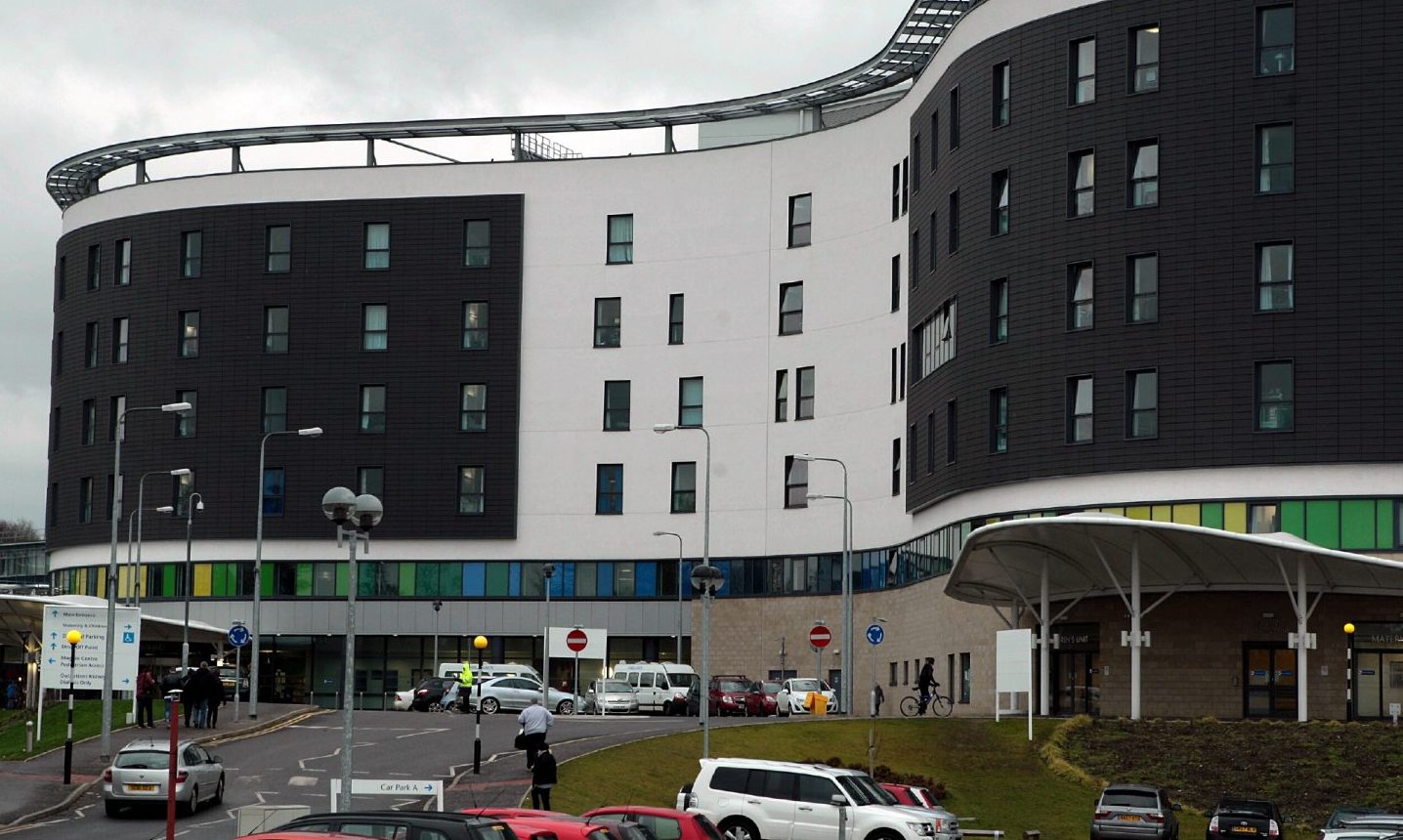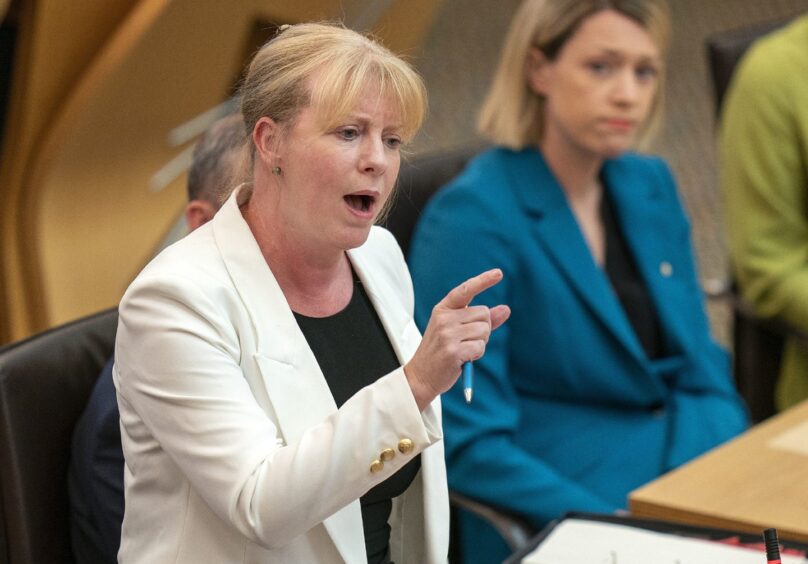NHS insiders at Tayside and Fife health boards say they fear the impact budget cuts will have on patients.
It’s something our readers know already.
Rarely a day will go by without someone contacting our newsroom with their own harrowing story.
And it’s close to home for me.
I’ve watched on as my mother has been left almost completely bed bound as she waits for surgery on her ankles.
First referred in August last year, she has been told it could be up to 18 months before the first operation can take place, leaving her in agony and reliant on powerful painkillers as she loses her mobility and any semblance of independence.
I’m one of thousands of relatives left to watch in horror as loved ones suffer, while those who are fortunate enough to be in a position to do so resort to spending tens of thousands of pounds on private healthcare.
While the government may be able to deflect attention from its budget with headline grabbing figures, the impact will become all too visible.
Fear inside NHS of situation worsening
And those working on the frontline fear the situation will only worsen as a result of the Scottish Government’s 2024-25 budget.
They told The Courier how it was feared frontline services, which already fail to meet government-set targets, will struggle to deliver the care patients need.
In NHS Tayside, in the heart of finance secretary Shona Robison’s Dundee constituency, one source said the health board could be forced to make savings of up to £80 million.
They pointed out that there were important questions about what a cut would mean when frontline services are already failing to meet A&E, cancer and inpatient surgical waiting time targets.
Ministers insist their health care spending plans for 2024-25 represent a real-terms increase of 1.3% on the previous year.
But this has been branded “misleading” in independent analysis by the Institute for Fiscal Studies, which says it ignores in-year top-ups handed to the NHS in the previous year.
When these are taken into account, they say budget actually represents a 0.7% cut. They even warn this gap could grow if estimates on inflation and growing health service wage bills play out.
Concerns by the IFS have been echoed by insiders The Courier spoke with at health boards including Tayside. Some expressed fears they could be forced to make savings of between £60 and £80 million a year.
Scots have a legal right to inpatient treatment within 12 weeks but the majority are left languishing on ever growing waiting lists.
In Fife, at the end of September 2023 more than 7,800 patients were on a waiting list for inpatient or day case admission.
Of those, 59.7% had been waiting more than 12 weeks, despite the treatment time guarantee saying 100% should receive treatment within that time.
The situation is worse in Tayside, where 62.9% of patients were waiting more than three months.
A second source – a Fife-based health service manager – told me: “We all know someone who isn’t receiving the care they should be, whether they have been waiting too long for an important surgery or can’t access key services in good time.
“It’s not good enough. No one wants to admit it but the situation last year was unsustainable, the latest budget just makes that worse.”
Squeezed budgets have also forced NHS Scotland to put all new construction projects on hold, including a string of national treatment centres, including a surgical unit at Perth Royal Infirmary.
The facilities are designed to tackle over-burdened waiting lists, which makes the government’s decision appear especially short sighted.
The Fife-based source – who is not authorised to speak publicly – said there was some resentment toward new health secretary Neil Gray already.
They added: “It was really galling to hear the new health secretary say the NHS must reform, improve and become more productive. What does he think we’ve been doing all this time?
“He created some resentment with those comments in my opinion. No one in the health service is happy with this situation, but after years of doing more with less it’s time for politicians to realise the blame doesn’t lie with us.
“They will have to bear the responsibility when it comes to fixing the problems.”
Read more Courier politics coverage on our dedicated pages here.














Conversation